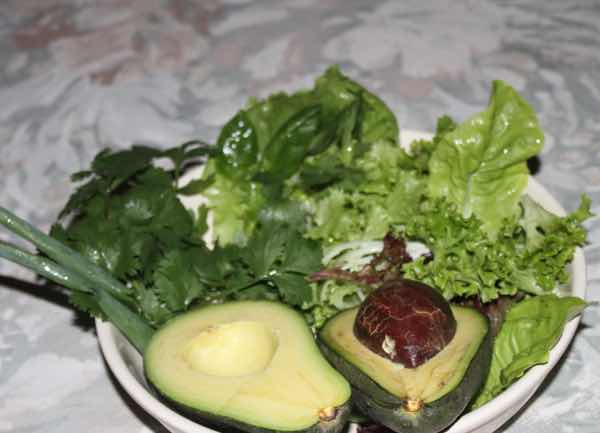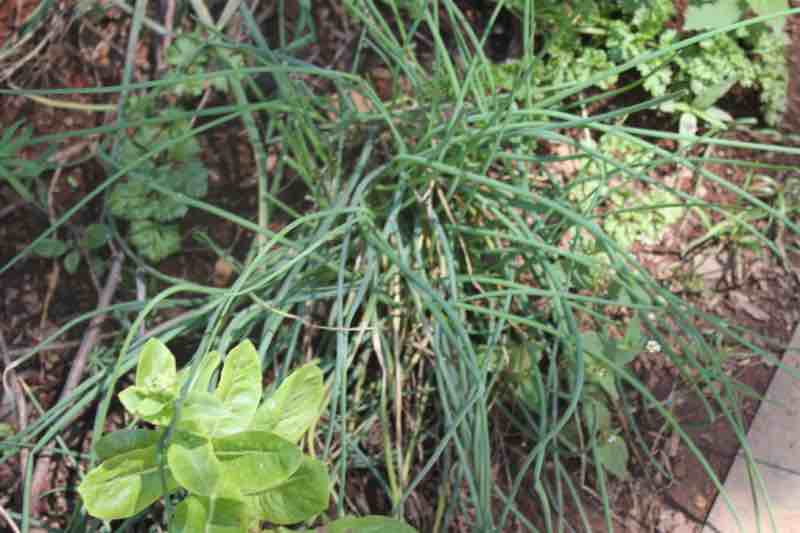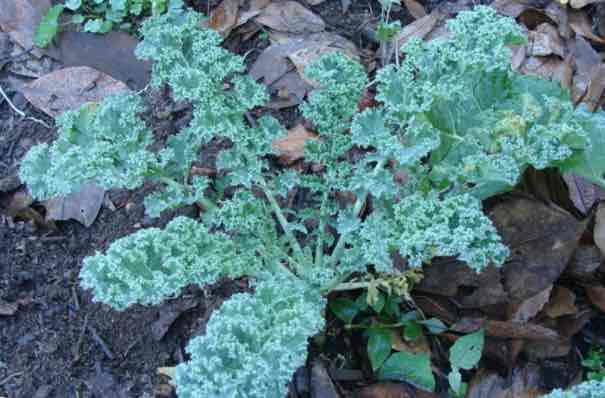- Bernard Preston homepage
- Coloured foods
- Green Foods for Better Health
Green foods for better health
This short talk on green foods for better health explains why nutrients like lutein and magnesium are so vitally important.
Good morning and welcome again to this short series on why we should be eating many different coloured foods. Today we focus on our greens.

“I have given every green plant for food.”
First we start with just a bit of science. Going back to school biology days you probably remember that green leaves contain a compound called chlorophyll that enables plants to capture energy from sunlight. It then uses carbon dioxide from the air, plus water to produce glucose that is then turned into starches, which are stored; and releasing oxygen.
This alone is a great wonder. Animals breathe out carbon dioxide; plants utilise it, releasing oxygen for creatures like us to breathe in. And so the two gases are kept in balance.
As an aside, when we chop down the great forests on Mother Earth and poison the plants in the ocean, then carbon dioxide builds up; the so-called greenhouse gas effect that is ever raising the temperature of the planet. We’ll leave that hoary chestnut for another day.
I have chosen two foods to illustrate why we should be enjoying our greens daily; parsley and kale.
Parsley
Parsley and chives are two of my favourite green herbs.

Parsley is particularly rich in magnesium, a deficiency of which is associated with chronic arthritis. It is complex science which I won’t go into but your body cannot break down toxic homocysteine that is a byproduct of protein metabolism without the mineral.
As an aside the science is swinging very heavily in favour of getting your vitamins and minerals from your food, not from supplements. They are more effective and you can’t overdose; or disturb the balance.
As Hippocrates famously said, let your food be your medicine; mostly we doctors swear an oath of allegiance to his principles at graduation and then promptly forget them.
Secondly parsley in incredibly rich in vitamin K; a deficiency causes easy bruising and brittle bone disease. I’m sure I need say no more about osteoporosis.
Thirdly parsley is a rich source of a group of compounds called phytosterols.
They have a chemical structure very similar to cholesterol, and compete for absorption into the blood stream.
The way to get off statins safely is to start enjoying foods rich in in these phytosterols; and then three months later ask your doctor to have your blood lipid levels tested again.
Anti-inflammatory properties of apigenin
There are literally thousands of these phytonutrients. Only 70 are properly researched; one is apigenin. Forget the name but remember that it’s rich in parsley and celery. It has proven properties of inhibiting COX-2, a strongly inflammatory enzyme in the body.
You have probably heard of a group of medicines called COX-2 inhibitors; let your parsley be your medicine. It also has proven properties in helping nerves to regenerate and the prevention of senility. Need I say more? God has given us green plants for food; make sure you are enjoying herbs like this frequently.
Kale

Kale is a green that is generally much disliked and for good reason. Unless the leaves are young, tender and freshly-picked they are awful.
But if you want to greatly reduce the odds of getting macular degeneration, you should be eating your dark-green leafy vegetables daily; it’s all about a phytonutrient called lutein, and kale is by far the richest source.
In truth we should all be growing kale. There are many varieties and the plants go on bearing for years. It's so easy.
Macular degeneration
Here is a little anecdote. A few years ago I went to the optometrist for a new set of specs. After looking long and hard into my eyes, he remarked, “you eat a lot of greens don’t you?” I could not believe it. How did he know? “There is not a sign of cataracts or macular degeneration which is most unusual in someone over 70. You must be getting a lot of lutein in your diet.”
Lutein is a phytonutrient that is found exclusive in the retina of the eye. It absorbs the damaging blue and ultraviolet light from the sun. Together with another powerful antioxidant called zeaxanthin[2], it gives 57% protection against age-onset macular degeneration. That’s the most common cause of blindness in the elderly[1].
The dopamine in broad beans helps too[3].
God has given us green plants for food. They contain hundreds of these nutrients, most unknown but the research about lutein is unequivocal; it gives you powerful protection from going blind when you get old. Let your food be your medicine; start now enjoying daily your dark-green leafy vegetables like kale and spinach. And my advice is to start growing them; it’s not difficult.
This is a massive subject; I could give ten talks on your greens alone. Don’t fuss about the science, just enjoy them daily. God has given them to us so that we may live long in the land.
Tomorrow we’ll be looking at the red foods.
God bless, abide in Him today; he is very near. He wants us to be strong and healthy.
Coloured foods for better health
From the horse's mouth
Green foods for better health
Green foods for better health weighs their anti-inflammatory properties.
- Lutein and adult-onset macular degeneration
- Zeaxanthin macular degeneration. Web: https://tinyurl.com/3mw4a7pp
- Broad beans
When browsing use right click and "Open Link in New Tab" or you may get a bad gateway signal.
Newsletter
Our newsletter is entitled "create a cyan zone" at your home, preserving both yourself and Mother Earth for future generations; and the family too, of course. We promise not to spam you with daily emails promoting various products. You may get an occasional nudge to buy one of my books.
Here are the back issues.
- Lifestyle and ideal body weight
- What are ultra-processed foods?
- Investing in long-term health
- Diseases from plastic exposure
- Intensive lifestyle management for obesity has limited value
- A world largely devoid of Parkinson's Disease
- The impact of friendly bacteria in the tum on the prevention of cancer
- There's a hole in the bucket
- Everyone is talking about weight loss drugs
- Pull the sweet tooth
- If you suffer from heartburn plant a susu
- Refined maize meal and stunting
- Should agriculture and industry get priority for water and electricity?
- Nature is calling
- Mill your own flour
- Bake your own sourdough bread
- Microplastics from our water
- Alternative types of water storage
- Wear your clothes out
- Comfort foods
- Create a bee-friendly environment
- Go to bed slightly hungry
- Keep bees
- Blue zone folk are religious
- Reduce plastic waste
- Family is important
- What can go in compost?
- Grow broad beans for longevity
- Harvest and store sunshine
- Blue zone exercise
- Harvest and store your rainwater
- Create a cyan zone at your home
Did you find this page interesting? How about forwarding it to a friendly book or food junkie? Better still, a social media tick would help.
- Bernard Preston homepage
- Coloured foods
- Green Foods for Better Health
Address:
56 Groenekloof Rd,
Hilton, KZN
South Africa
Website:
https://www.bernard-preston.com